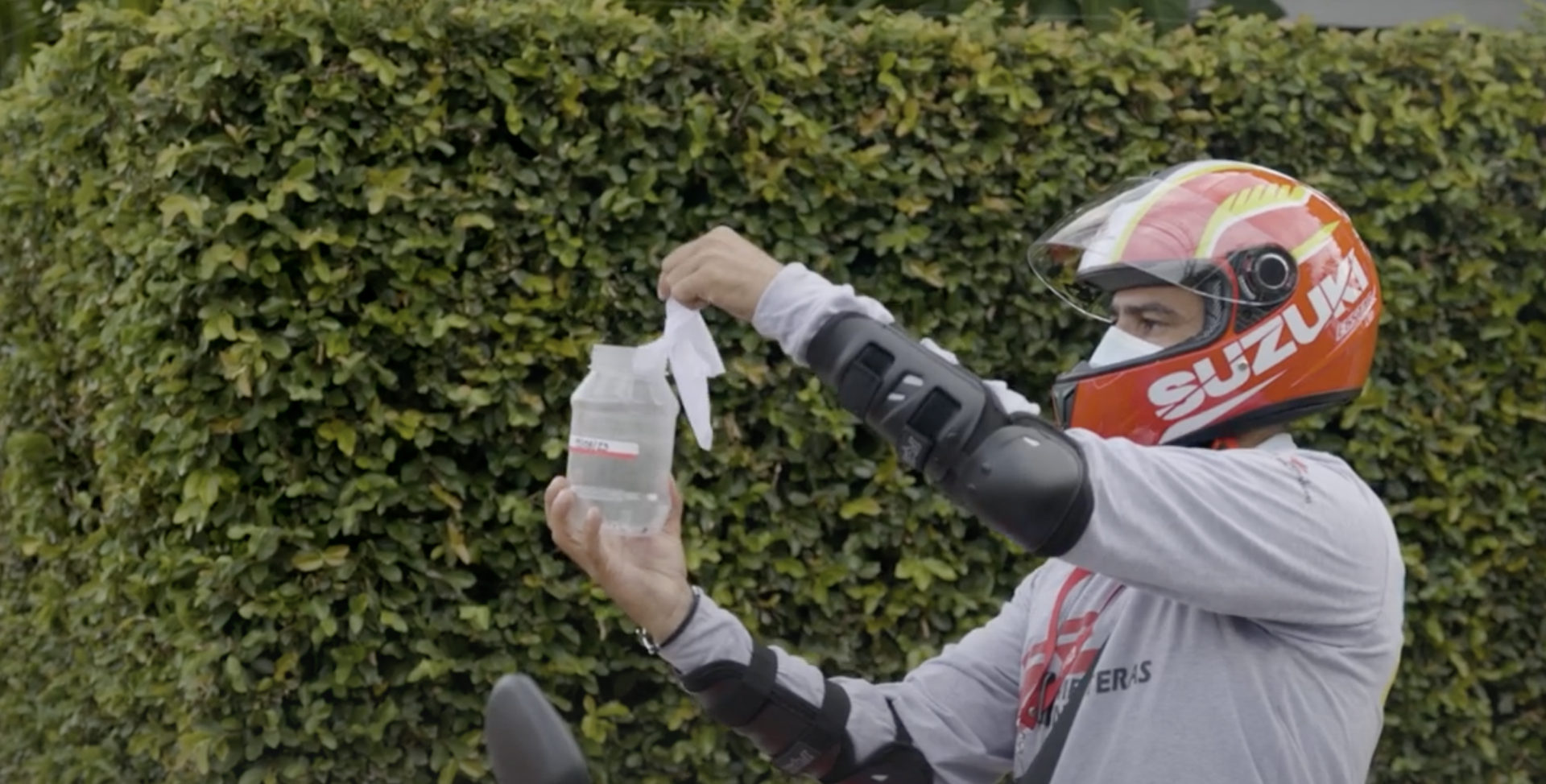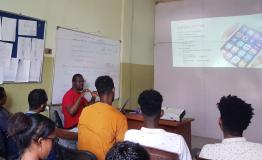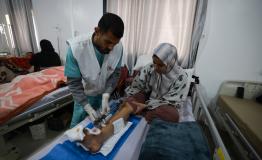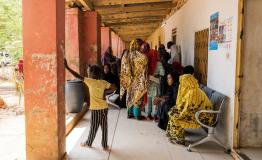Imagine a scenario where mosquitoes are no longer a threat to people's health. Imagine that these tiny creatures no longer transmit dengue, Zika, and chikungunya but become unexpected allies in the fight against these diseases.
All of this is possible, and in Honduras, a team of Doctors Without Borders and other organizations is trying to make it a reality. The person leading the effort is Edgar Boquín, a Honduran psychologist who has been working with the organization since 2006, providing assistance in various natural disaster emergencies, epidemics, and violence.
Since June 2023, Edgard has been the coordinator of the "Arbovirus Prevention" project, a groundbreaking intervention that aims to address mosquito-borne diseases from a prevention perspective, harnessing technology and the power of community work. In this text, Boquín reflects on the first few months of this battle against dengue, Zika, and chikungunya.
The challenge of adapting to innovation
"During the creation of the project, many challenges arose, such as a complete shift from a patient-focused approach to one of research to generate long-term results through community interventions, as well as being environmentally friendly. Personally, I believe that this has been the biggest challenge for all of us in the project; it has not been easy.
But it's not just that. I have worked in places where it's not easy to enter due to prevailing violence, and I have also faced situations that people had never seen before, such as treating patients, transporting patients, and providing consultations. And if treating patients might be unusual for some communities, imagine releasing mosquitoes; this is indeed very challenging.
At some point, anxiety and concern accompanied me, mainly because of the field teams. Every day they face people who may reject them or even become aggressive, and that has not been easy.
We have had to confront what people think and the possible negative interpretations of what we are doing. This generated a lot of stress for me because it was the first time we applied this method in the country. Since it's very innovative, we also had to struggle with the lack of awareness.
I would like this project to be successful in reducing the impact of these diseases on the populations we work with, but also to pass on the experience to other actors, whether in Honduras or another country.Edgard Boquín, Project coordinator
The reflection that led me to be part of the solution
If you were to ask me what I thought when the proposal was made to apply this method through a project, it seemed crazy to me. It's not what MSF usually does because the approach is usually very traditional for tackling diseases like dengue, mainly through fumigation and cleaning water containers, in addition to direct hospital care.
This led to an internal reflection: we haven't always implemented the best alternative or solution. Techniques have evolved significantly, and ultimately, I believe it's about realizing that we won't be able to eradicate Aedes aegypti, and we need to find the best solutions to adapt to that reality.
When I delved deeper into the Wolbachia method and learned about all the places where it has been applied with good results, I realized that I had a great opportunity to lead the experience in Honduras, and I decided to give it a try.
Behind every challenge emerges a reward
It's very rewarding to see how the operational part of the project works, and how each area, each discipline, and each department understands what we are doing. It was something new for everyone.
Knowing that the teams responsible for the insectary learned about their work, and knowing how the promoters engage in community activities every day, gives you a sense of peace because everything is becoming systematic. Then you have the satisfaction of coming to the office and learning that the mosquito releases are already taking place.
The most awaited day: The mosquito release, a great teamwork
Every step of the project involved a challenge at the time, from agreements with local authorities and implementing partners to the arrival of the first mosquitoes imported from a neighboring country. But on the day of the first mosquito release, I felt a rush of emotion because I felt that we had arrived and achieved it.
That release day was like completing an initial objective: the beginning of the implementation that will now be supervised by MSF teams for six months. I always acknowledge the work of the people involved in the project; everyone puts their best effort into making this work.
My satisfaction is this: if, for some reason, I leave the project, it will not stop because the teams know how to do it.
A future full of hope
I would like this project to be successful in reducing the impact of these diseases on the populations we work with, but also to pass on the experience to other actors, whether in Honduras or another country. I want the project to transcend and provide valuable data to new generations. This is a great opportunity for knowledge that can improve the lives of many people, and that is the most rewarding thing."



